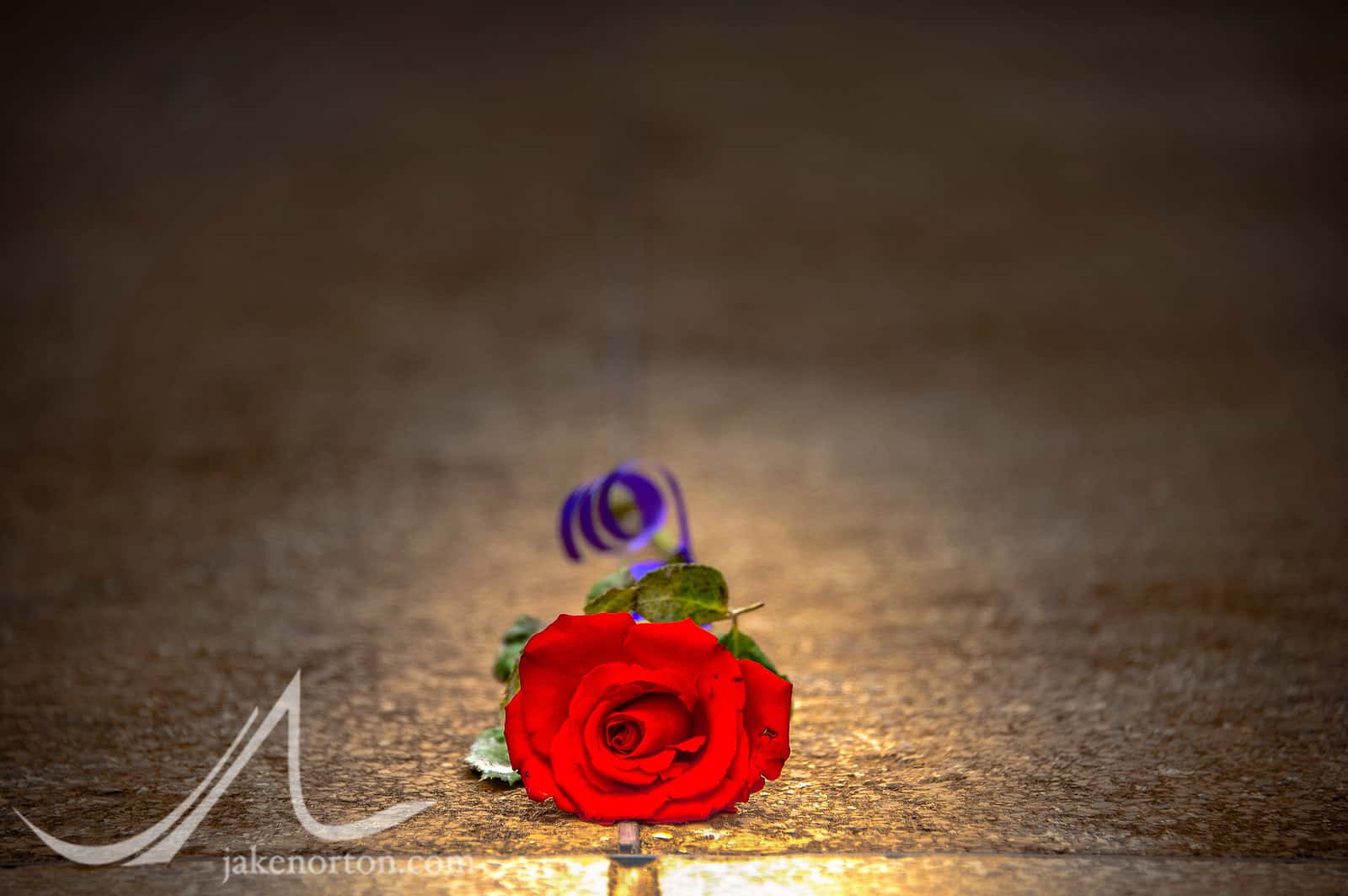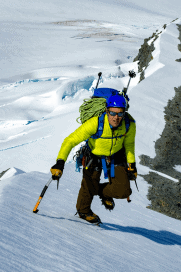I’m tormented by the news these days. War in Ukraine. Horror in Israel and Gaza. Increasing tension and bluster across the globe. Political vitriol and animus domestically. It’s hard, sometimes impossible, to see a bright side, an outlet. So, I turned back to a post I wrote six months ago but never published, one about Rwanda and the power of forgiveness. It seemed fitting at this time in general, but also this week in specific, as it is the 30th anniversary of the 1994 Rwandan genocide.
I wandered through the dimly-lit hallways, zombie-like, body wracked with pain.

No, pain is far too gentle. My body, my being, was crushed with despair, pounded to delirium by all I had seen and was seeing.
I was deep within the Kigali Genocide Memorial in Kigali, Rwanda. The genocide - which saw some 1 million people, mainly Tutsi, killed by Hutu génocidaires with machetes in roughly 100 days - was 16 years prior, but brought to horrific, essential light at the Memorial.
My cynicism about humans was boiling over, an effervescent fury at our abject inability to embody our namesake, to embrace shared humanity. I wanted, I needed, some sign that we as a species are not hopelessly lost.
I don’t remember the gentleman’s name, but his voice caught my ear, his story my eye and my heart and my hope. He spoke on grainy video of his family, his parents, wife, and children, all hacked to pieces in his yard. The culprit, the murderer? His neighbor, an old friend.
Where was that man - the man who committed the horror - now?
Still his neighbor, still his friend.
Smiling, the man acknowledged that most viewers would not be able to understand, to digest this reality. But, he went on to explain that, post-genocide, he (and many Rwandans) quickly realized that should they seek revenge on the Hutu génocidaires, the conflict would rage eternal, the killing and reprisals cycling back and forth in a gruesome death spiral. He knew the only path forward was forgiveness, reconciliation. It was the only hope.
“So, he admitted to me what he had done, what he did to my family,” the man continued, a pained smile on his calm face. “Once he did that, I knew where to aim my forgiveness.”
Aim my forgiveness. One of the most stunning and powerful phrases I have ever encountered.

Fast forward to last autumn, we were sitting across a dining table in the Dominican Republic from Albert Rutikanga who was there as part of Opportunity Collaboration. A survivor of the Rwandan genocide, he was telling his story to us, about what happened, and how for years after he lived beneath a suffocating weight of anger, a desire for retribution, a hatred of the perpetrators who killed sixty (yes, 60) members of his family.
Eventually, he explained, he realized the weight of his anger was only killing him, slowly and painfully. Finally, he came to understand the only answer was forgiveness: forgiving the perpetrators, the génocidaires, who so ravaged his family, his country, his psyche.
“And, once I forgave them,” Albert said with a wide, infectious, gap-toothed smile, “I found I was free! The weight was gone, the anger.”
The story of Rwanda is a mindbending one, nearly impossible for those of us who did not directly experience it to understand. I encountered it throughout my time in the countryside, victims and perpetrators living side by side in relative peace and harmony. Certainly it is not perfect - how could it be? - and anger and resentment still bubbles under the surface.
But, in the end, it has now been almost 30 years since the horror of 1994, and there has not been another mass outbreak of genocide. On the contrary, Rwanda, while still imperfect, has become a model, a country charting a new course on its own terms, one of resilience and unity sculpted of the ashes of division.
“Reconciliation is not a philosophy, it’s a practice.”
- Deo Gashagaza -
[Note that I’m speaking here of the situation between Rwandan citizens, not of the Rwandan government. The history of Rwanda leading up to the genocide of 1994 - there were others in the late 1950s and early 1960s - is a hugely complex one, as is the story of Rwanda today as a country and political entity. If interested, read The Dark Side of Rwanda’s Rebirth in Foreign Policy, or dive deeper with Africa’s World War: Congo, the Rwandan Genocide, and the Making of a Continental Catastrophe by Gérard Prunier (read a synopsis here) and Jason Stearns’ Dancing in the Glory of Monsters: The Collapse of the Congo and the Great War of Africa (book review here). Both are brutal, but comprehensive, histories of the region.]

This course, while borne of government action and the traditional Gacaca court system, is carried on by the people, a grassroots determination to transcend the horrors of the past and build a better future. It’s done by Rwandans like Rochelle Mukantabana and Dedas Kayanamura who confront their individual and collective pasts daily as detailed in a recent piece on All Things Considered. It’s done by people like Christian Muhawenimana with whom I traveled the countryside in 2011, his compassion and understanding of his nation’s history opening doors and hearts everywhere we went.
And, it’s done by people like Albert Rutikanga, people who steadfastly aim their forgiveness and create the tomorrow we all need.
Perhaps it’s time we all learn from Rwanda, learn from Albert, and aim our forgiveness not to obliterate the past, but to enable the future.




Absolutely heartbreaking to even imagine what the survivors have and are still going through .In my life I am always on the side of forgiveness as I find it a freeing , truthful expression of love for life moving forward .This article touched my soul and your words as usual gave me a realistic description of an evil that I nor my family have ever and hopefully never will encounter .Thank you
Thank you, Jeanette - much appreciated! And, like you, I hope it is something my family never encounters, while also loving the perspective of forgiveness it helped engender. Thank you again, and be well!